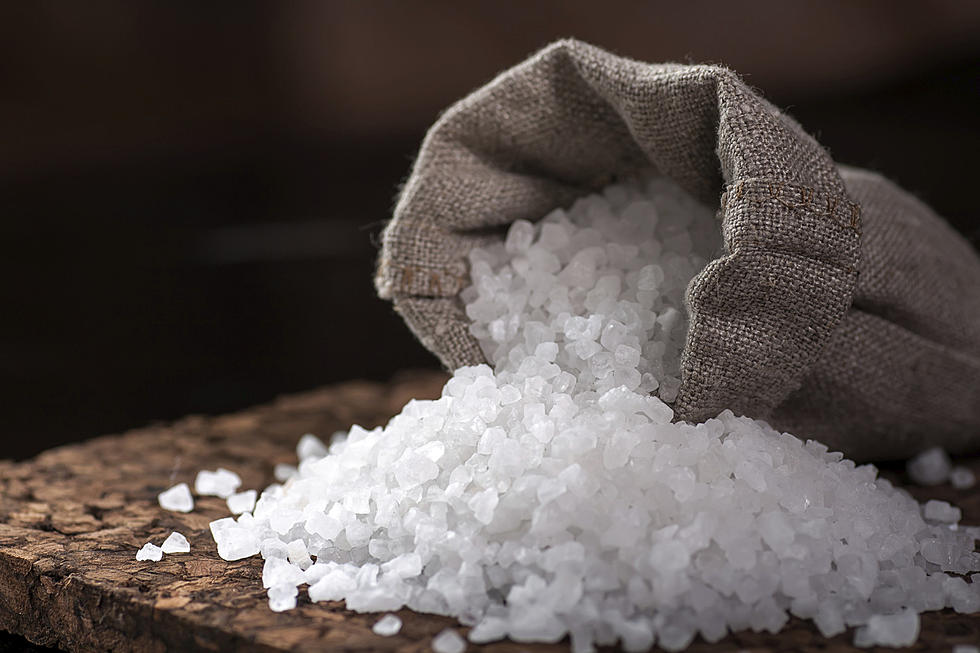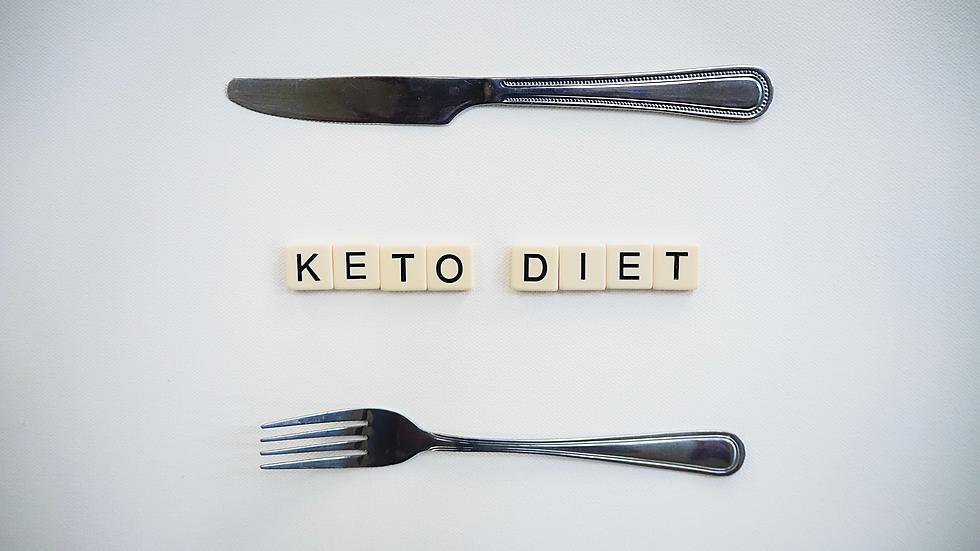
Turns Out, We Do Need A Little Salt–Here’s Why
Ever tried to eat a completely sodium-free diet? I've not, but I have attempted to cut back. It's definitely not as pleasing to the taste buds--at first, at least. It does get easier, but...
For many years now, we've all heard about the importance of limiting the amount of salt we intake on a daily basis. While it is true that many Americans get way too much sodium, particularly on a fast-food heavy, standard American diet, we do need some salt to stay optimally healthy.
Chemically-speaking, salt is about 40 percent sodium and 60 percent chloride. People who struggle with hypertension, or high blood pressure, do tend to be salt-sensitive. That means their blood pressure increases dramatically when taking in too much sodium. However, following a too-restrictive plan when it comes to salt may not be the smartest idea for everyone, and may even lead to fatigue, cramping in the muscles, or even dizziness.

It has also been shown to increase insulin levels--which can be a catalyst for developing Type 2 diabetes. What is TOO salt-restrictive? Author of The Salt Fix and pharmacist James DiNicolantonio defines it as below 1,000 milligrams daily. That's less than a half teaspoon.
Dr. David Brownstein, author of Salt Your Way to Health, says "if you don't consume enough salt, your body releases hormones to help your kidneys hold on to sodium. These hormones activate your sympathetic nervous system, which is your fight-or-flight response." This can even worsen heart disease.
Other reasons to include some salt in your diet? It can aid in brain function, digestion, bone health, and even athletic performance.
Ready to dig deeper? Healthline.com provides more information in this article.
I personally use sea salt on a regular basis, although I use it in moderation. As always, speak with your doctor to find out how much salt is right for your personal health story.
KEEP READING: 3-ingredient recipes you can make right now
More From 96.5 KVKI









